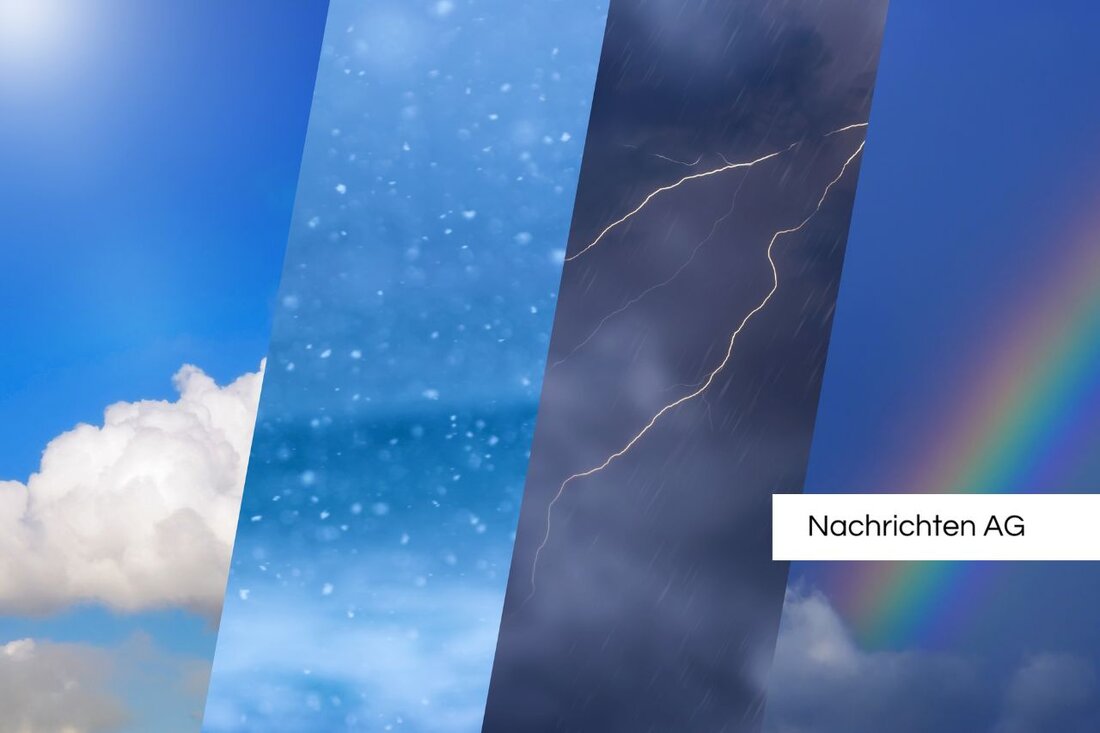Alarming air quality in Stralsund: Fine dust values alert citizens!
Alarming air quality in Stralsund: Fine dust values alert citizens!
Stralsund, Deutschland - On April 12, 2025, the Stralsund-Knäudamm measurement station results in alarming statistics on air quality, in particular on fine dust (PM10). According to
The limit values for the air quality are clearly defined. Values that are classified in the categories "very bad", "bad", "moderate", "good" and "very good" depend on specific concentrations. For example, nitrogen dioxide values over 200 µg/m³ are classified as "very bad", while values between 101 and 200 µg/m³ are considered "bad". The measurements are carried out by the hour to ensure a precise analysis of the air quality. The health risks from fine dust are remarkable. Every year, fine dust in the EU causes around 240,000 premature deaths. In Germany, the PM10 anniversary values have improved from 50 µg/m³ to currently between 15 and 20 µg/m³ since the 1990s, as reported Environmental Bundesamt . Despite these progress, the values in metropolitan areas are considerably higher, which increases the susceptibility to health impairments. The risk of cardiovascular diseases and lung problems increases with air pollution, since fine dust can damage both the upper respiratory tract and the lung tissue. PM10 particles can penetrate into the nasal cavity, while smaller PM2.5 particles can get to the bronchi and cause health damage that are documented in various scientific studies. In addition to fine dust, ozone is also a significant air pollutant that has health effects. Ozone is formed by photochemical reactions in the atmosphere and can not only be problematic in urban, but also in rural regions. For values over 180 µg/m³, it is recommended to restrict physical activities outdoors, since they can result in health impairments. nitrogen dioxide, which mainly comes from combustion processes such as traffic, is also a danger. There are highest concentrations in metropolitan areas where traffic is strong. Especially for people with respiratory diseases such as asthma, this can have fatal consequences, such as Environmental Federal Office explained. In poor air quality, there are clear recommendations. With very poor values, sensitive groups should avoid physical activities outdoors. In the case of poor values, strenuous activities to refrain from outdoor activities is advised. With moderate values, short -term health effects are unlikely, but sensitive people should be careful. Nevertheless, a general increase in air pollutant levels is determined, which indicates changes in environmental policy and measures. It remains a challenge to keep the limit values specified today in accordance with the improvement of air quality and health protection. fine dust and health
The role of ozone and nitrogen dioxide
recommendations and protective measures
| Details | |
|---|---|
| Ort | Stralsund, Deutschland |
| Quellen | |


Kommentare (0)